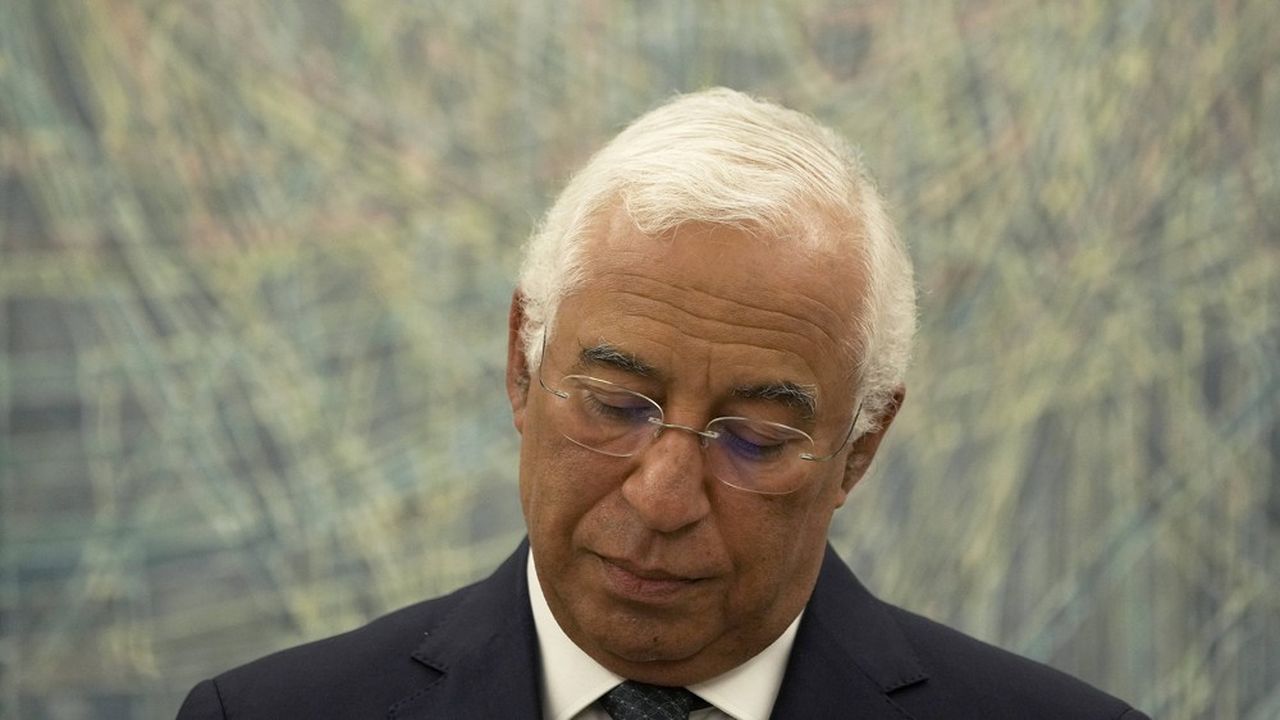
Published November 15, 2023 at 7:08 pm.
Eight days after the shock resignation of Socialist Prime Minister António Costa, Portugal is still in shock. The investigation continues into the corruption network that has developed around the Prime Minister. The violations relate to the huge development project for the port of Sines, and the efforts of those in charge of it to accelerate the procedures for launching a large computer data center, as well as the establishment of a green hydrogen production site and operating concessions for two lithium mines. .
As the code name of the file, called “Operation Influence,” indicates, investigators are studying the circles of influence, between pressure, privileges and favoritism, that would have formed in Antonio Costa’s circle of trust.
There is no concrete evidence of corruption
But eight days after the investigation was announced, the investigating judge slowed down and cautiously noted that there was still no concrete evidence of positive or negative corruption by the prime minister. He points to the haste and mistakes of the investigators, who apparently could have confused the name of Antonio Costa with the name of the Minister of Economy, Antonio Costa Silva, in the phone tapping recording.
The discovery of a cash sum of 75,800 euros, hidden among books in the library of the Office of the Prime Minister’s Chief of Staff, as well as wiretapped conversations between some of his close aides, puts the outgoing Prime Minister in the crosshairs of the judicial police. . Prosecutors warned last week that Antonio Costa would be the subject of a separate investigation by the Supreme Court, prompting his immediate resignation.
Fear of the effect of infection
Whatever the outcome of the investigation, Antonio Costa has tendered his resignation. He has pledged to remain in office until the legislative elections scheduled for next March, but he knows that the actions of his trusted men have distorted the actions of his government.
The country is on the brink of abyss. He fears a contagion effect, fearing that irregularities in the processes of obtaining public contracts could undermine Portugal’s reputation among investors and destroy all efforts to present itself as a future champion of green energies.
In this precise context, the Governor of the Bank of Portugal, Mario Centeno, also found himself in the hot seat. His name is actually one of the names proposed by Antonio Costa to the President of the Republic after his resignation, in order to ensure his direct succession without holding new elections.
Architect of the “Portuguese miracle”
The integrity of Mario Centeno, former finance minister (between 2015 and 2020) and known as the architect of the “Portuguese miracle” at the end of the austerity years, is not in doubt.
But for the opposition, even considering it a possible option to maintain the current socialist majority in power is a reason in itself to demand the immediate resignation of the governor. The Vice-President of the Socialist Party (moderate right) considers that he has “lost all legitimacy and objectivity,” which, according to him, casts doubt on his impartiality at the head of the Central Bank.
The Bank of Portugal’s ethics committee, which immediately took up the case, ruled on Wednesday. It considers that Mario Centeno acted “with the required reservations” and “respected his obligations.” However, she warns that the bank’s image of neutrality may have been affected in the process, and stresses that “defending the institution is particularly important in the current circumstances.”






